House Republicans Propose College Accountability Plan Targeting Student Loan Defaults
In a significant move within the House Republicans’ budget bill, a new proposal aims at holding colleges accountable for student loan defaults by requiring them to reimburse the government for a portion of unpaid federal loans. The plan, described as a “bold idea” by Secretary of Education Linda McMahon, seeks to ensure colleges have “a little skin in the game.”
Education correspondent Cory Turner provides insights into the plan’s mechanics. According to Jordan Matsudaira, a former top official in the Biden administration’s education department, the proposal would obligate institutions to cover a part of the unpaid student loan amounts. For example, if a student fails to pay a $200 loan installment, the respective college would be liable for a fraction of that missed payment.
The initiative represents an expansion from previous efforts under the Biden and Obama administrations, which mainly targeted for-profit colleges. Preston Cooper from the American Enterprise Institute notes that this plan aims to address poor outcomes across all educational institutions. “They are actually trying to target bad outcomes regardless of the sector,” he explains.
The Congressional Budget Office projects that if implemented, this risk-sharing model could save the government over $6 billion in the coming decade. However, potential complications exist. Some Republican senators have expressed reservations, and Dominique Baker from the University of Delaware highlights a critical flaw: the proposal seemingly exempts loan balances in default from penalties. This exclusion might be intended to prevent excessively harsh penalties for certain schools.
Cooper identifies that the hardest-hit institutions might include for-profit colleges like Strayer University and the University of Phoenix, as well as some large private, nonprofit universities. He cites the University of Southern California (USC) as a prime example, noting that while undergraduate debts there appear manageable, USC’s graduate programs contributed significantly to national student debt in the 2019-2020 academic year. “Almost 1% of the student loans issued in the United States every year,” Cooper remarks.
Beyond penalties, the plan also offers incentives. Funds collected from penalized schools would be redistributed as bonuses to institutions that effectively serve low-income students, transforming them from “debt machines” into “social mobility engines.” Of the top ten universities poised to receive the largest bonuses, Cooper estimates that nine are public universities, with three located in Florida and six in California.
Accuracy and availability of NPR transcripts may vary. Transcript text may be revised to correct errors or match updates to audio. Audio on npr.org may be edited after its original broadcast or publication. The authoritative record of NPR’s programming is the audio record.





